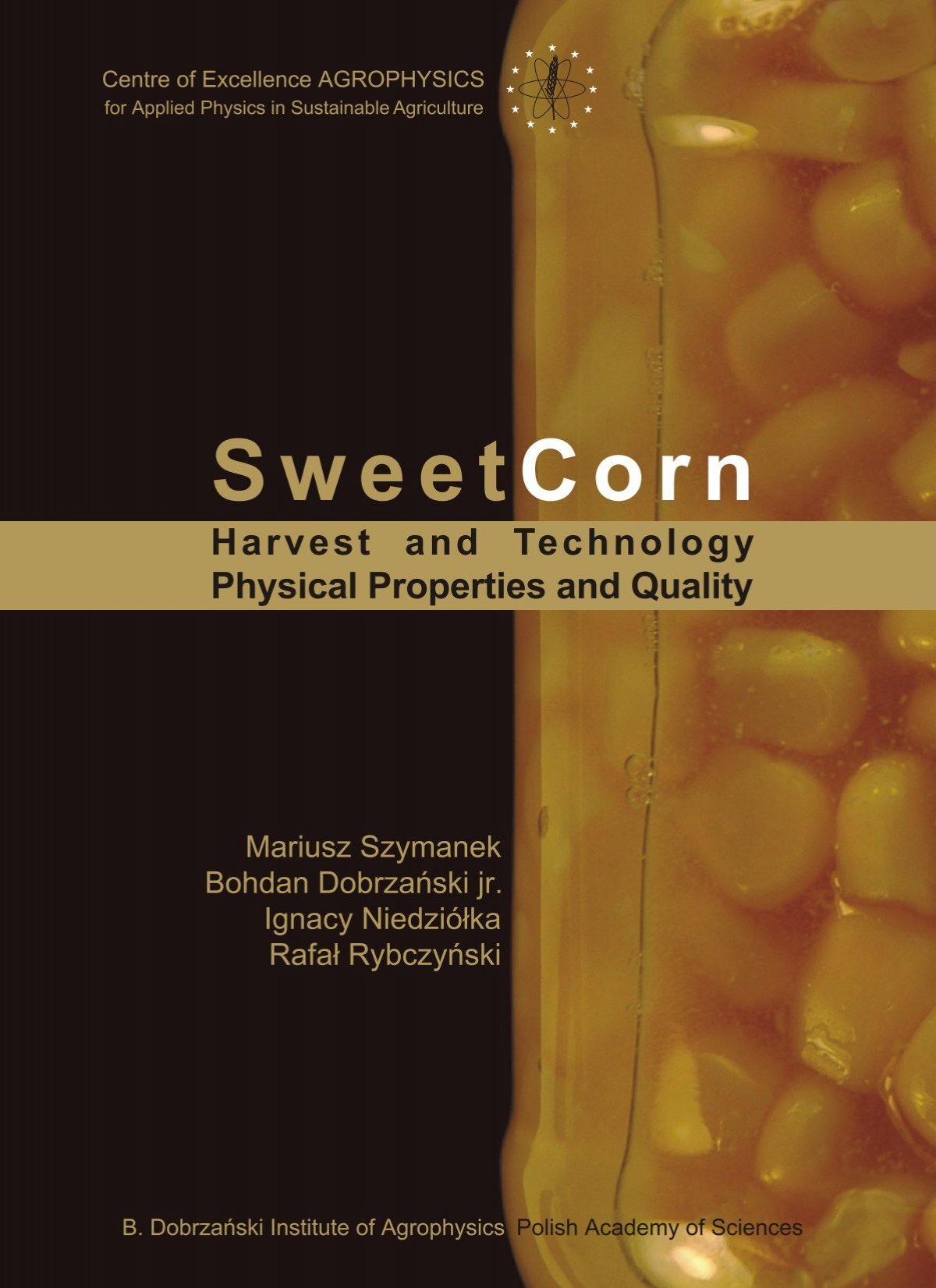
The Disruption of Brazil's Customs Strike: Implications for Global Agricultural Commodities
Beginning in early June 2025, a customs strike at Brazil's Port of Santos has significantly disrupted agricultural exports, particularly affecting soybeans and corn, which account for 30% of global soybean exports. This disruption has raised concerns about a potential 10% price increase for these commodities, posing risks to global food security and supply chains.

The customs strike, initiated by workers demanding better wages and working conditions, has led to extended delays in shipping schedules and increased operational costs for exporters. Companies dealing with perishable goods, such as fruits and vegetables, are particularly vulnerable to these disruptions as their products have limited shelf lives.
Brazil is one of the world's largest exporters of agricultural commodities, and the Port of Santos serves as a critical hub for the majority of these exports. The ongoing strike has created a ripple effect throughout the global supply chain, especially for countries reliant on Brazilian agricultural products, with China being a notable example. According to recent reports, China imports a significant volume of soybeans and corn from Brazil, and delays in these shipments could exacerbate global food insecurity.
Impact on Prices and Market Dynamics
Analysts are closely monitoring the situation, as the implications of the strike extend beyond Brazil's borders. If the disruptions continue, there is potential for a 10% increase in soybean and corn prices, significantly affecting global markets. These increases could lead to higher food prices worldwide, particularly in countries that rely heavily on imports for their agricultural needs.
Moreover, the ongoing situation highlights the interconnectedness of global agricultural markets. Investors are advised to be cautious and to consider diversifying their portfolios to mitigate risks associated with this disruption. Agricultural exchange-traded funds (ETFs) and stocks in companies like Archer Daniels Midland (ADM) and Bunge Limited (BG) may provide viable investment opportunities during this turbulent period.
A Call for Adaptability
This disruption serves as a critical reminder of the vulnerabilities within agricultural supply chains. Experts recommend that stakeholders in the agricultural sector develop diversification strategies to manage risks during such crises. Investing in alternative agricultural markets or expanding sourcing strategies may help stabilize operations and mitigate the impact of future disruptions.
As the strike continues, the Brazilian government is under increased pressure to resolve the situation quickly to avoid further economic ramifications. The financial implications of the strike have already begun to affect Brazil's ability to collect taxes, with Finance Minister Fernando Haddad noting that the prolonged disturbance has necessitated a reevaluation of the national accounts due to lower-than-expected tax revenues.
Conclusion
In conclusion, the customs strike at Brazil's Port of Santos underscores the potential for significant price fluctuations in global agricultural commodities and the importance of adaptability in investment strategies. As the world grapples with food security challenges, stakeholders must remain vigilant and proactive in their approach to the evolving agricultural landscape.
For further information on the agricultural markets and the impact of this strike, please refer to AgWeb and FT Markets.
